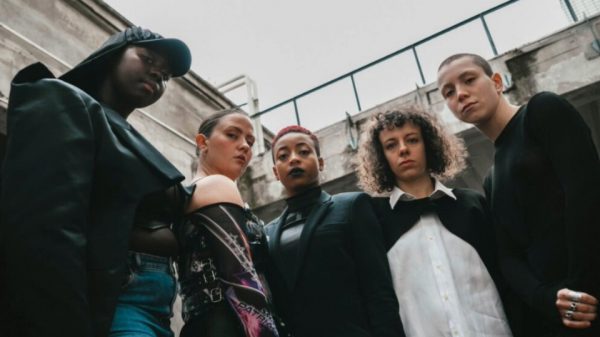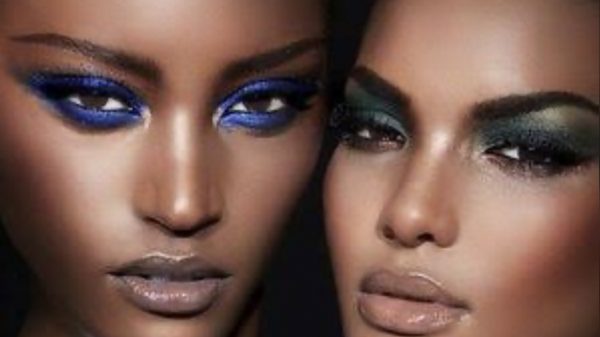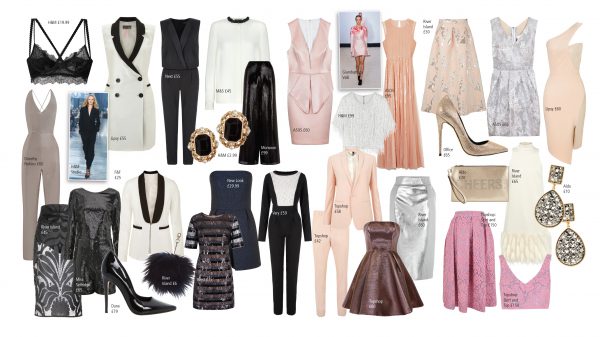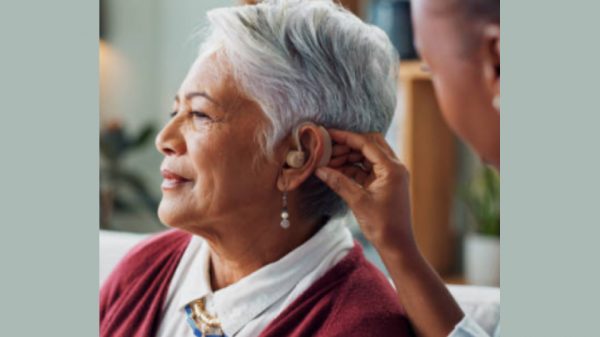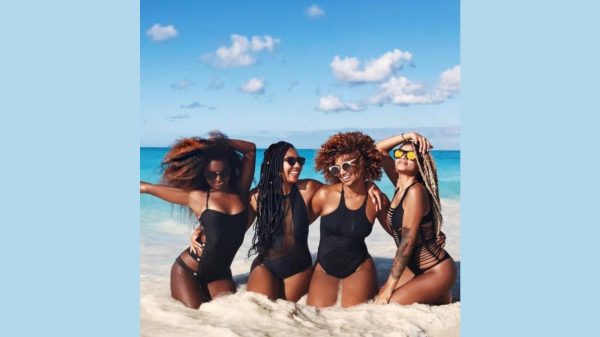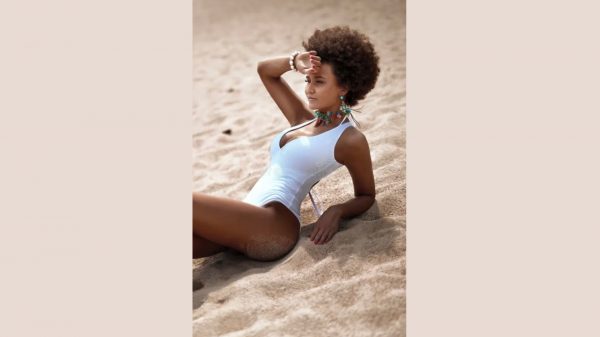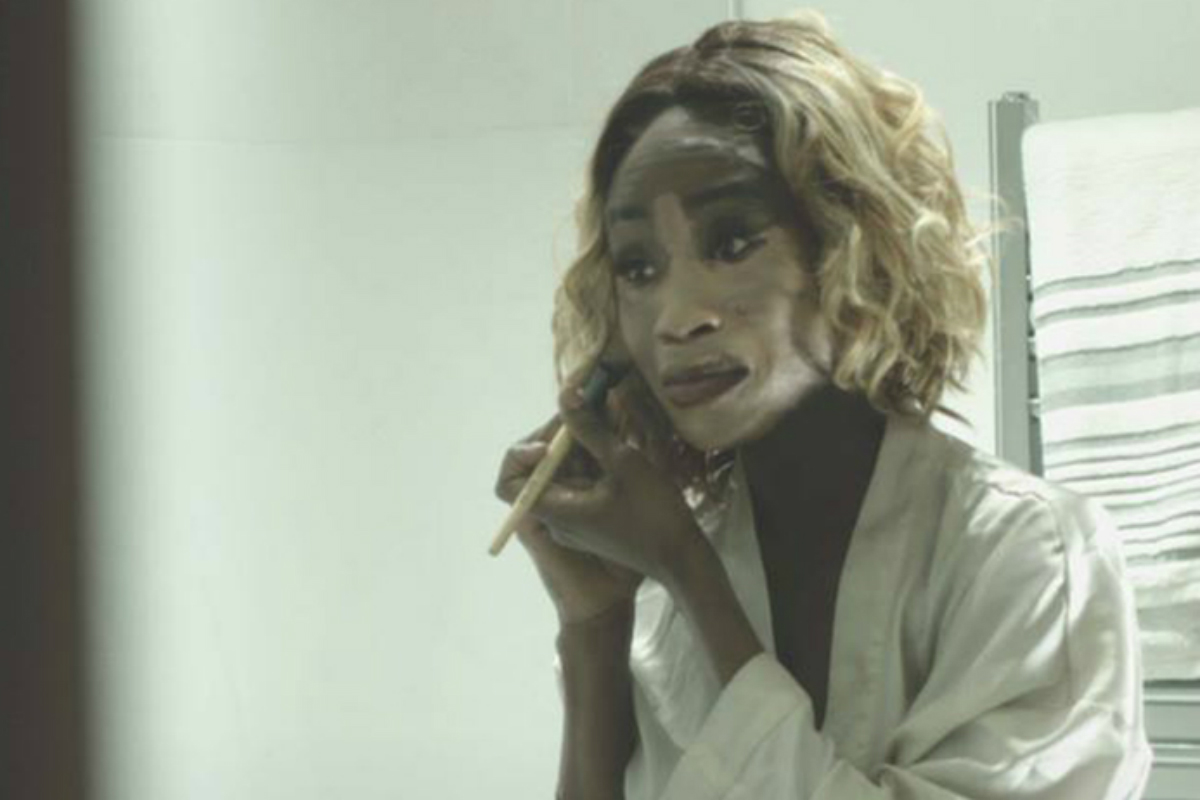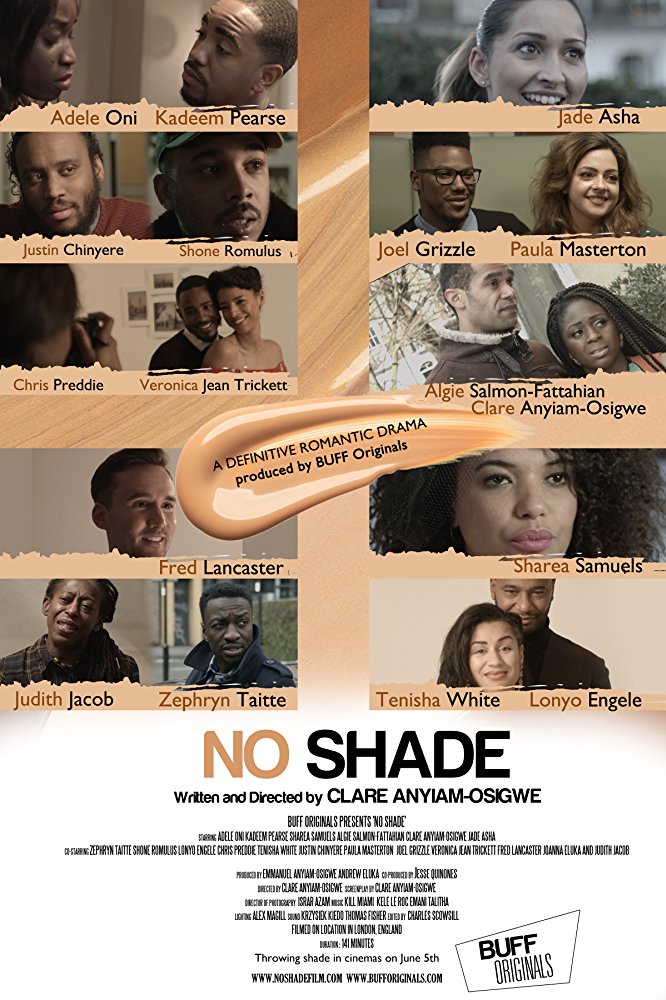For as long as memory serves, debates about the existence of colourism, and its existence in communities of black people (and non-black people of colour) have been going on behind closed doors. Whether it’s a case of family members commenting on the complexion of a child’s skin, to girlfriends recounting on dating tribulations over the years, to just taking a quick look at the most prominent people of colour in popular culture, issues of colourism – privileges and preferences given to people with lighter skin – are a part of plenty of private conversations.
However, in new British film No Shade, the problematic nature of skin-tone preference is brought centre stage, as it explores the dating experiences of Jade (Adele Oni), a dark-skinned black woman and her best male friend Danny (Kadeem Pearse). Though there’s mutual love between them, Danny’s made it clear that there’s one major thing that’s stopping them from being a couple: her dark complexion.
‘The thing with colourism is that it is something that’s the elephant in the room; something that everyone knows about but doesn’t really know how to address,’ explains writer, director and co-star Clare Anyiam-Osigwe. ‘It’s difficult, and cruel, and it is a form of racism that’s happening in the black community.’
A dermatology expert by trade, Anyiam-Osigwe previously studied filmmaking and has been developing the romantic drama over the past two years. When asked about the motivations for making a film that deals with the trials of dating in a world where many people consider lighter skin to be more attractive, she said that it was a combination of personal experiences, stories she’d heard from others, as well as things she’d learnt through her work:
‘For this film, I’m using that knowledge I have as a professional in the skin industry, and sharing some of the stories that me and my colleagues have spoken about, and saying: “Hey – we as a black community can do better.”’
Of course, it’s a point often made that having a penchant for people with light complexions is just a matter of personal taste, and not necessarily an example of absorbing white beauty standards. In response to this, Anyiam-Osigwe accepts that while simple preference can exist, the problem lies in comparing shades and thinking of one side of the colour scale to be more valuable than the other.
‘Preference is cool – you can prefer whatever you want,’ she explained. ‘But when you compare women and say that one is more valuable or beautiful because she is lighter – or darker! – that’s a problem.
‘You can prefer light-skinned women, and not bash women who aren’t light-skinned. If you say that a person is less valuable because they’re not who you want to date, that’s a problem.’
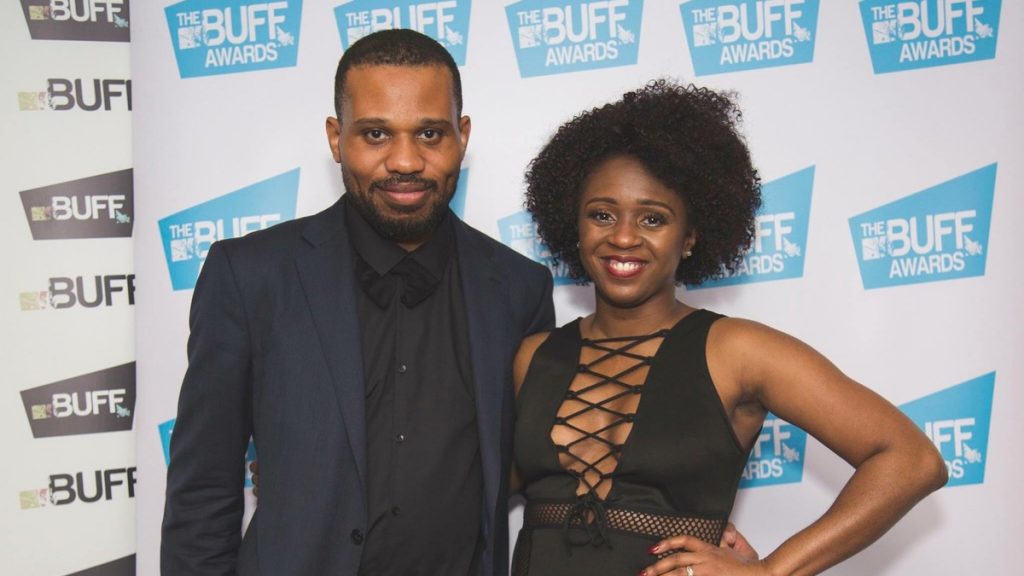
Clare Anyiam-Osigwe (right) with husband Emmanuel Anyiam-Osigwe, founding director of British Urban Film Festival
More than being an issue when it comes to dating, Anyiam-Osigwe also expressed how upholding a division between lighter and darker black people within the community:
‘We’re busy fighting amongst ourselves when the rest of the world sees us as black, no matter what the shade! […] We have to look inwards if we want to see real change in the future of children and family, and if we want to see a change in the way we, as a collective, our well-being.
‘Colourism is a real psychological mess – and I hope that the film will serve as a mirror for men to check themselves, and for women to get that encouragement that no, we’re not crazy, this is a real thing. It’s not just a causal hush-hush conversation with my friends, but it’s something that a lot of us are dealing with, and our white counterparts need to know about it as well.’
Hopefully, with films such as No Shade in the cinema, we’re taking a step forward to really confronting the ways in which harmful preconceptions of beauty are affecting our every day lives – and can help people make an active choice to cut colourist viewpoints from their own minds.
Catch No Shade at Curzon Cinema, Soho (3.30pm), on Saturday 9th June as part of the British Urban Film Festival






